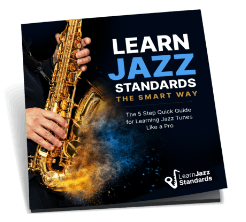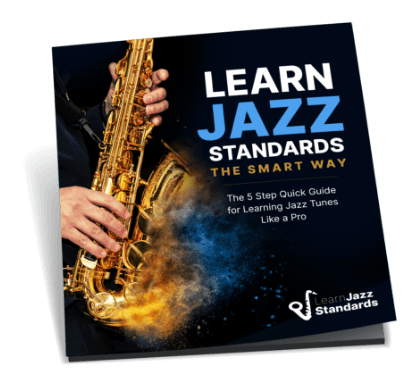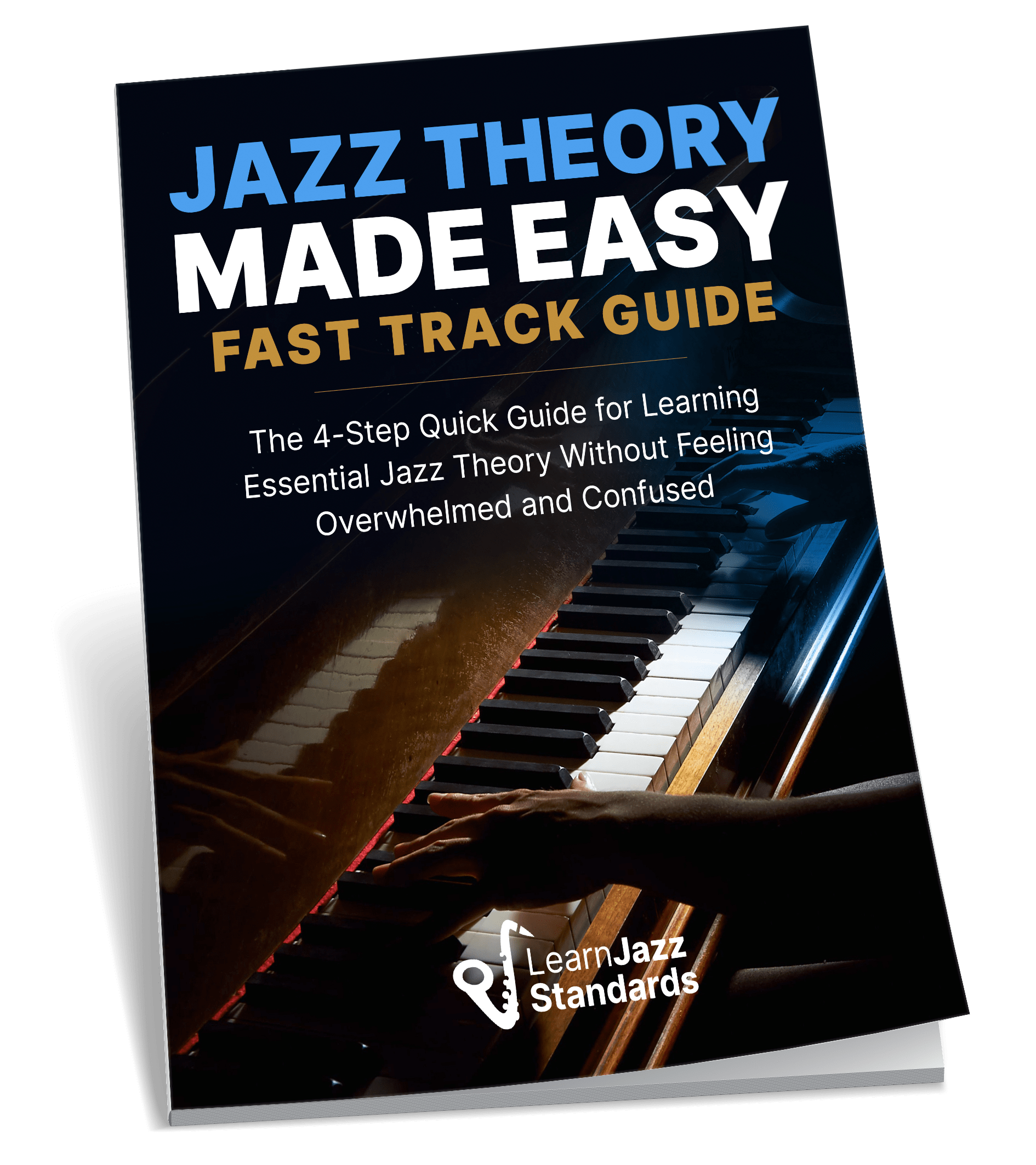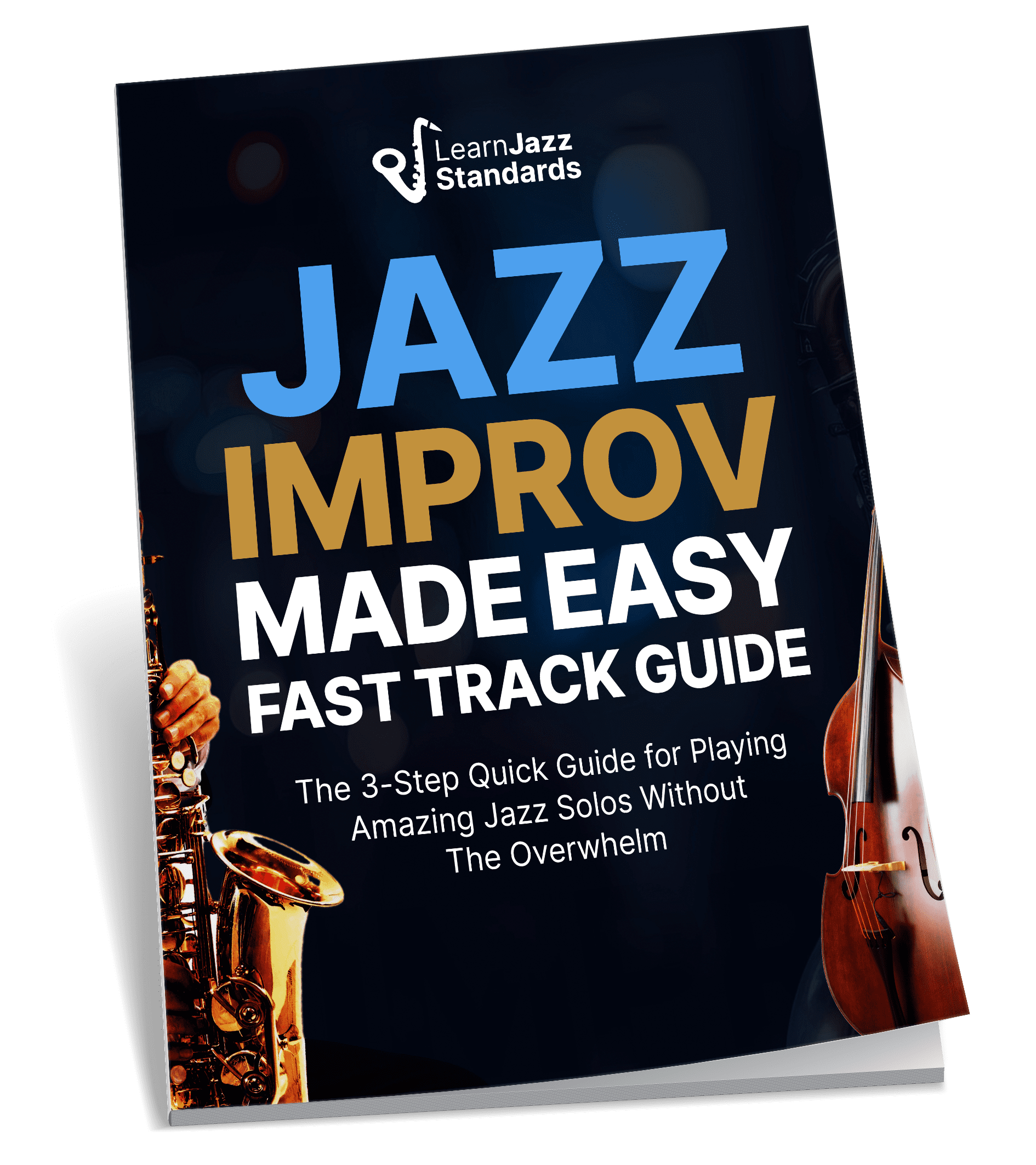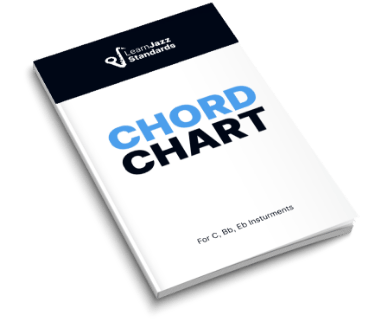I want to tell you a story about The Beatles as told in Malcom Gladwell’s book Outliers.
John Lennon, Paul McCartney, George Harrison, and Ringo Starr came to the United States in 1964 and put out a string of hit records that transformed the face of popular music. The Beatles no doubt had a huge impact on music as we know it. But what is important to understand is these guys had been playing together for 7 years before they came to the U.S and became a huge success.
Not only had they been playing for 7 years together, they had logged a significant amount of hours playing as a band; far more than the average band to say the least. In 1960 while they were still a relatively unknown high school rock band, they were invited to play in Hamburg, Germany.
John Lennon in an interview described how they got connected with various clubs in Hamburg. They were used to only doing 1 hour sets, but in Hamburg they were expected to play 8 hours at a time. They were playing 7 days a week. Now the band ended up going out to Hamburg a total of 5 times. The first time it was for 106 nights, the second 92 nights, the third 48 nights, and the last two a total of 90 nights. The grand total: 270 nights.
I want you to stop and think for a second about that. Can you believe the dedication and hours The Beatles put into their craft? Being expected to play all of these hours forced them to learn lots of new repertoire, write original repertoire, grow individually as musicians, and grow as a cohesive unit. This kind of practicing is certainly abnormal. It’s no wonder they became so good and consequently so successful.
Charlie Parker and John Coltrane were also obsessive practicers, and logged many hours playing gigs and performing.
Now why would I tell you this story? To remind you that hard work and dedication pay off? Partly. But mostly I tell you this story about The Beatles because it reveals three things:
-
You don’t have to have exceptional amounts of talent to become a good musician. In fact Philip Norman, who wrote The Beatles biography Shout!, claims about the Hamburg days: “They were no good onstage when they went there and they were very good when they came back.”
-
Communal learning is essential to musical improvement.
-
There’s more to The Beatles’ story than meets the eye.
If we want to become better jazz musicians, these are some of the things to keep in mind. But the story about The Beatles, I believe, only reveals a part of how they attained their success.
I often receive emails from fans of this blog, and questions from students, asking me what exactly they need to do to become better jazz musicians. It’s not that the information isn’t available to them (we live in a time where the internet makes information completely accessible), it’s that there is too much information.
Not only is there too much information, once you’ve narrowed down exactly what you should work on, it’s hard to know how best to execute it. Sometimes we wish we had our own Hamburg to force us to practice the things we need to practice.
The goal of today’s article is not to tell you some exclusive secret about how to become a better jazz musician (sorry to disappoint). It’s much better than that. Easy answers and “secret solutions” are cheap. The truth is, becoming a better jazz musician is anything but easy and cheap.
The goal is to answer the first part of jazz, or any musical improvement. The content side. The part which I describe as the keys to jazz improvement. The Where. The What. The How. The When.
The second part of jazz improvement is execution. It’s one thing to know the keys to jazz improvement, but it’s another thing entirely to actually do them. I’ll talk briefly about a helpful tool we’ve created to aid you with this at the end.
If you are serious about improving your jazz playing and becoming a better musician, pay close attention.
Key #1: The Where.
The first thing we need to address is where we should be looking for improvement. There are two. It may seem like a fairly fundamental concept, but it’s important that we define where our learning environments are. Otherwise we may be doing one and not the other, when truly both are essential.
-
In a community. Jazz is an especially communal, interactive, and social form of music. It is crucial to your jazz improvement that you are learning how to play in the context of a community. This manifests itself in playing jam sessions (with your friends or in public), and playing gigs. As demonstrated by The Beatles, playing music with others offers certain challenges and creative outlets that our next “where” simply can’t.
-
In solitude. This is the classic go to. I’m talking about sitting down with just you and your instrument and practicing. The shed. This is just as crucial of a learning environment as community, because you need to hone your skills on your own before and during playing with others. Practicing alone is essential for every musician to truly improve. Playing jam sessions and gigs will not be enough.
Key #2: The What.
The What is an especially important key, because as I had mentioned earlier, there is too much information out there. So what exactly should a jazz musician be practicing in order to improve?
I talk about this in much greater depth in my Jazz Improvisation Made Simple post. But here is the express version.
There are many things one can practice, and just because I don’t specifically mention something doesn’t mean you shouldn’t practice it. However, I find that there are 3 main topics that all jazz musicians should be working regardless of what instrument they play.
-
Technique. A musician must always be learning how to play his/her instrument better. Otherwise you will be severely handicapped in trying to express anything musical. Think of it this way: I love food. In fact, when I have some extra cash to spend I prefer to spend it on a nice meal. Now as much as I can envision a perfectly delicious meal that I would enjoy, that doesn’t mean I can make it. I can visualize it in my mind, I can even taste and smell it in my mind. But that doesn’t mean I have the necessary skills to create it. I need training and I need to know how to navigate my instruments first. So we need to be working on the fundamentals of our instruments, patterns, scales, and technical exercises.
-
Repertoire. In jazz we have a rich tradition of repertoire we call jazz standards. These songs are the vehicles in which jazz musicians use to improvise. They help identify a framework for jazz language to be played, and they are essential to jazz education. We need to be letting the tunes teach us how to play.
-
Jazz language. If we want to be better jazz musicians, we need to learn how to play like jazz musicians. We need to learn how to speak the dialect and learn how to communicate. Only then can we branch off and develop our own way of speaking the language, and perhaps bring something new to the table. This manifests itself in learning jazz solos by ear, learning jazz standards, licks and lines, and of course simply listening to jazz music.
Key #3: The How.
The How is just about as important as The What because it gives us a little bit of insight on how we carry out the things we need to work on.
Your practicing can be a complete waste of time if you have no direction. It’s like going to give a speech in front of a group of people but you have no idea what you are going to talk about. The Beatles, John Coltrane, and Charlie Parker practiced a lot, but that is only part of it. You need to be efficient when you practice. Quality over quantity every time.
How do we practice efficiently? By being goal-oriented, and having guidance. We have to set up our practice sessions for success. Goals are essential for getting the most out of your practice sessions. Again, I’ll talk a little bit more about this at the end.
It’s also important to ration your practicing, meaning, you don’t need to be practicing too much all at once. It’s important to learn small bites of information and incorporate lots of repetition into your practice sessions. This is much better than trying to learn a lot of material in one sitting, only to end up learning it poorly.
Key #4: The When.
The When is all about one thing: consistency. The Beatles practiced and performed for long hours, there is no doubt about that. But I think more importantly, they played consistently.
Now don’t translate this into “practice all of the time.” This won’t work for 95% of people. You either don’t have the time, energy, or even the motivation. If you have The How down pat, you shouldn’t need to be practicing all of the time, because the times when you do practice you are getting a lot out of it. Quality practice will substitute just fine for long practice hours.
If you are a regular practicer you are going in the right direction. If you practice for a long time all at once and then don’t pick up your instrument until a week later, you are doing yourself a disservice.
30 Days to Better Jazz Playing
Like I have said earlier, guidance is a huge part of improving your jazz playing. That’s why we’ve come out with and e-Course called 30 Days to Better Jazz Playing. Essentially this course takes you through 30 days of focused, goal-oriented practicing. It leads you through a lot of the elements I have just talked about and helps you practice things that will actually improve your jazz playing. If you are interested in learning more about this course, click here.
Becoming a better jazz musician isn’t cheap and easy. It’s not something you can achieve simply by buying more music books or reading a blog post. It’s about doing, and doing it right. Follow these 4 keys, and you will be on the right track.



